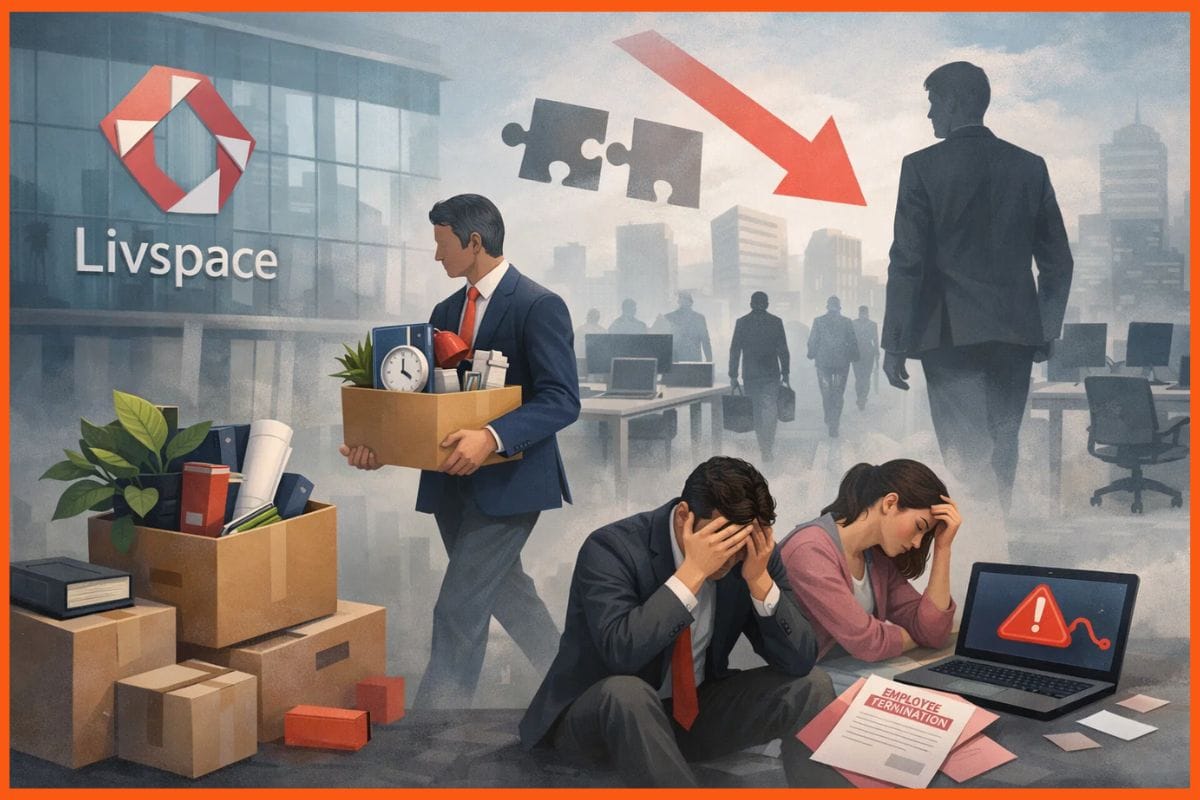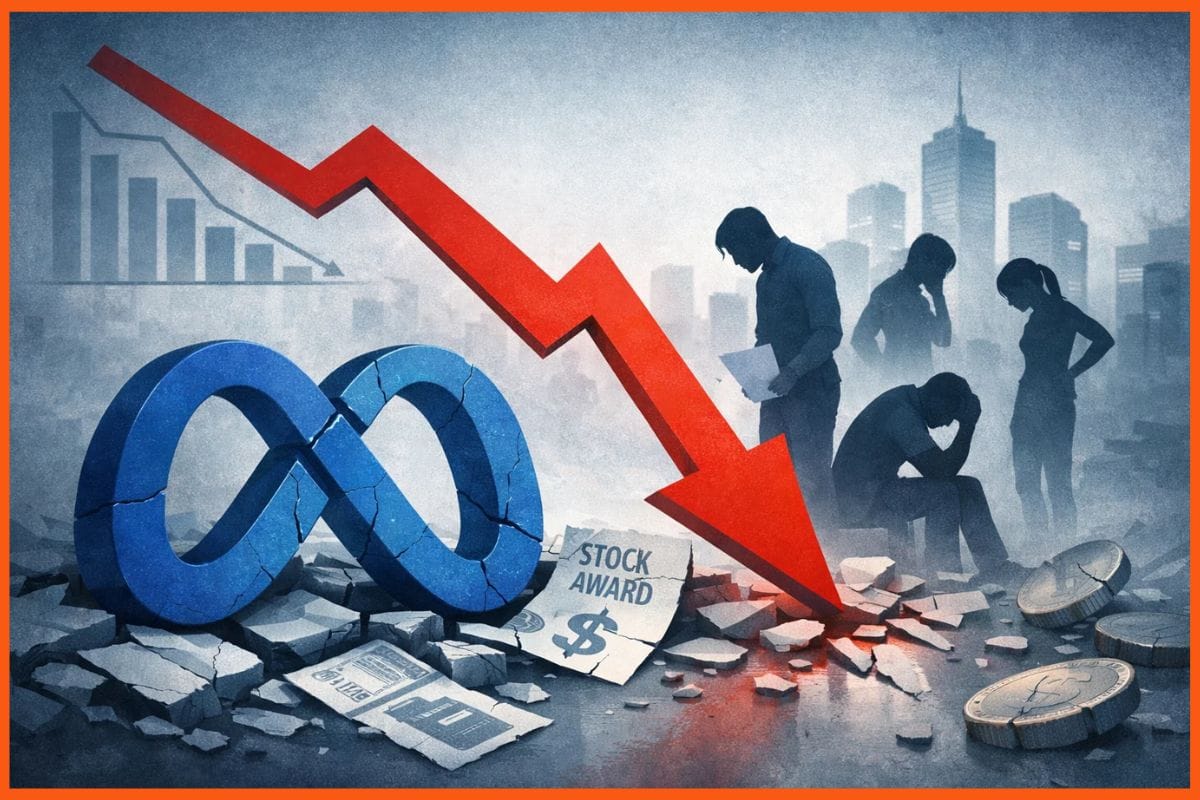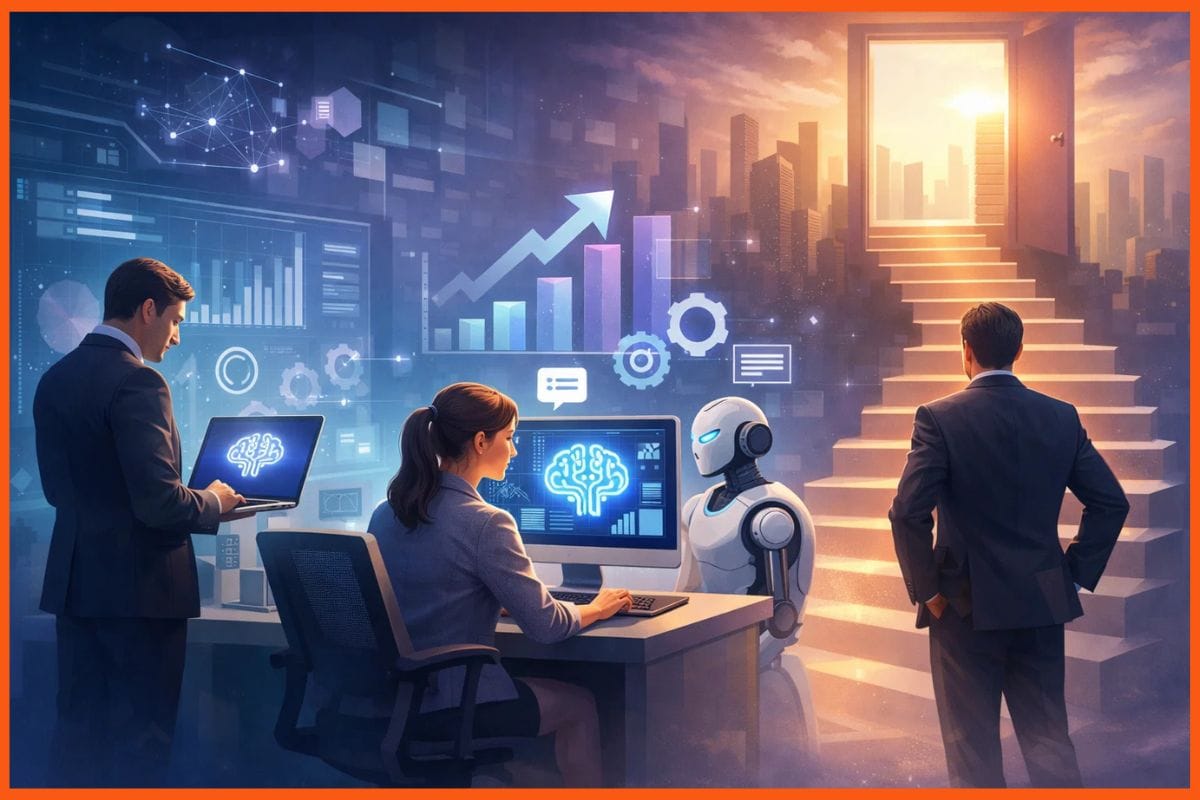When Steve Jobs Told Obama: Why iPhones Aren’t Made in the U.S.

While pushing for American manufacturing, President Trump is imposing gigantic tariffs on China, where many American companies, including tech giant Apple, do a significant part of their business and most of their manufacturing. Apple, under CEO Tim Cook, has invested heavily in China over the past decade. Not only is the vast majority of the company’s hardware made there, but also the vast profits that Apple rakes in through its stores, its services, and its products. Indeed, without heavy reliance on Chinese manufacturing, Apple Inc. today would be a fraction of the company it is.
Tariffs are seen by Trump as a way to force businesses to return their operations to the U.S., and with them, the jobs that went along with them. He portrays them as a way to strengthen the manufacturing sector and the economy as a whole. An example we were given of a company reinvesting in America was Apple, which has promised to spend $500 billion over the next four years to build stuff in the U.S. The company spent $75 billion in the U.S. between 2014 and 2016, and some of it was for manufacturing.
A Decade-Old Dinner That Still Resonates
At a dinner in 2011 with then-President Barack Obama and prominent figures from Silicon Valley such as Google’s Eric Schmidt and Facebook’s Mark Zuckerberg, it was Apple’s Steve Jobs who delivered the evening’s sobering truth. When Obama asked what it would take to make iPhones in the United States, Jobs reportedly replied, "Those jobs aren’t coming back."
Jobs's sentiment was rooted in more than just costs. At the time, Apple execs made it clear that manufacturing overseas provided unrivaled scale, speed, and specialization. "From quick engineering changes on the factory floor to a workforce that could be mobilized at unprecedented scale," Jobs and his team felt that China offered operational advantages that the U.S. couldn't offer then, and can't offer now.
Apple Moves Fast to Dodge Tariff Heat
When Trump’s tariffs started taking effect, Apple got moving. Right before new levies were about to hit, the company spent a reported $24 million to $30 million, moving six cargo flights' worth (roughly 600 tons, or 1.5 million iPhones) from India to China, essentially airlifting the devices from one market to another.
This strategic airlift served as a reminder that even though Apple is putting alternative manufacturing hubs to the test, its logistics still run through China. Even with political will and financing, the fundamental barriers remain unchanged. The U.S. lacks the requisite manufacturing scale and rapid adaptability needed for mass electronics production at Apple’s standards. Unless those conditions change dramatically, large-scale iPhone production in the U.S. is more aspiration than reality.
Must have tools for startups - Recommended by StartupTalky
- Convert Visitors into Leads- SeizeLead
- Website Builder SquareSpace
- Run your business Smoothly Systeme.io
- Stock Images Shutterstock




